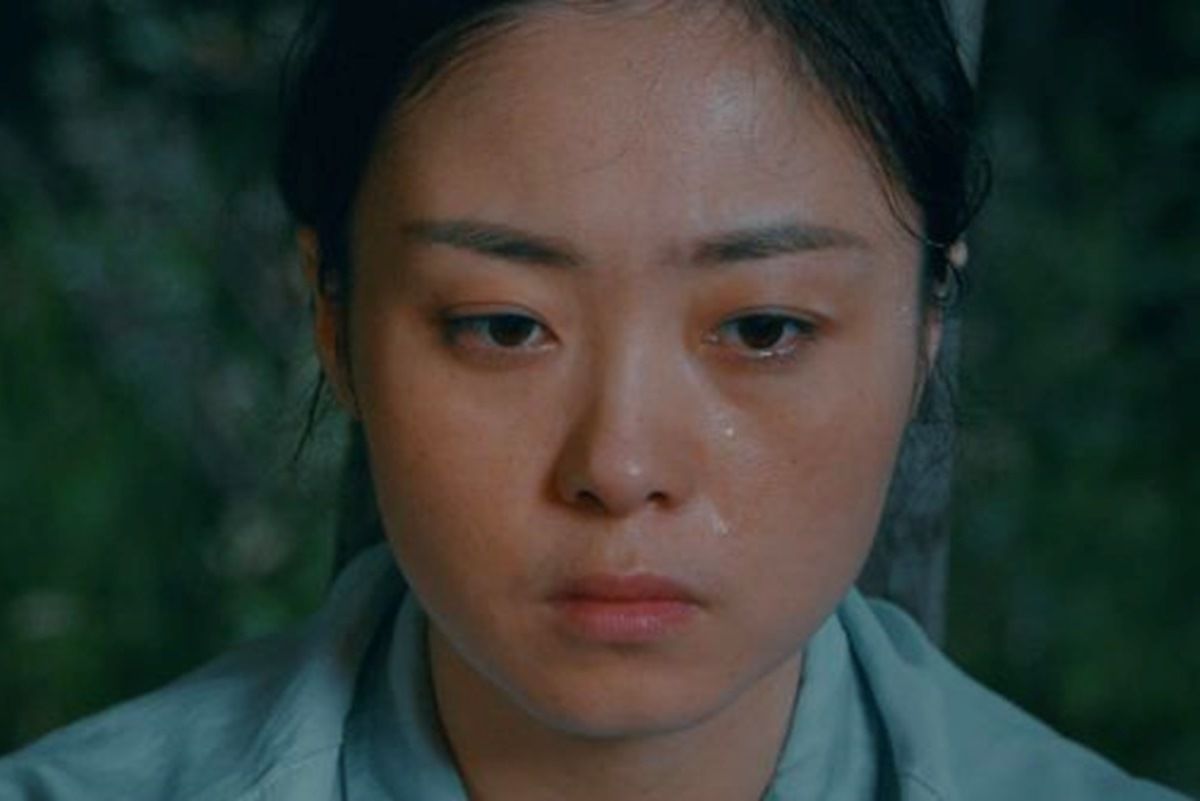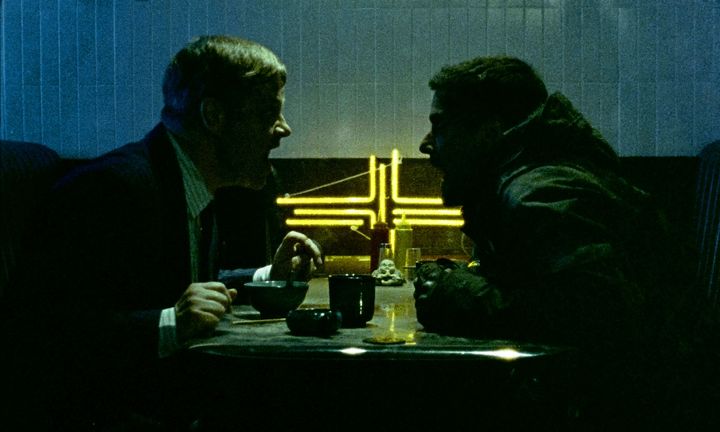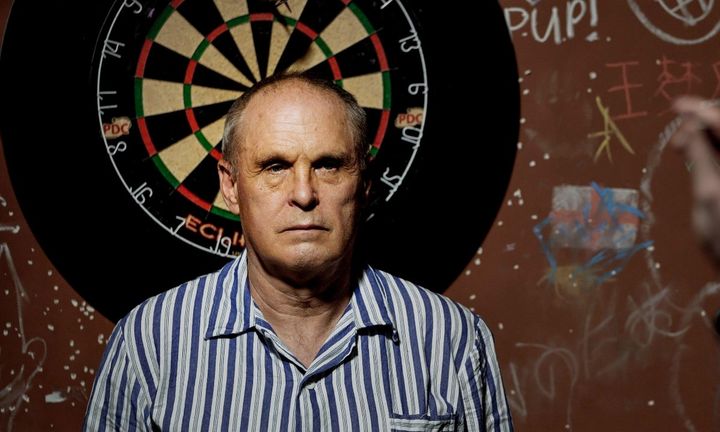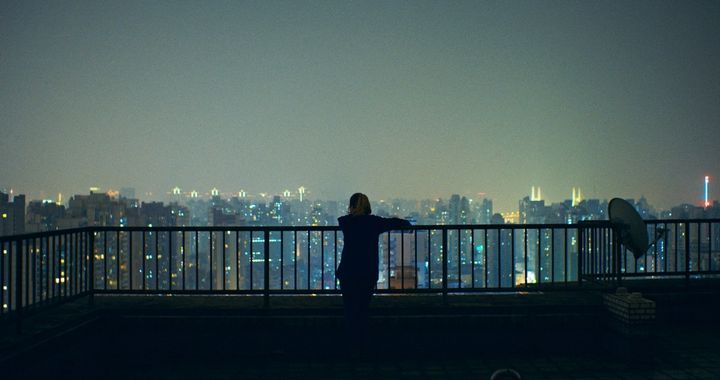Quietude takes a slice-of-life look at the relationship between two married street food vendors over the course of a night in small town China. We ask director Kitty Zhou about her thoughts on love, learning from doing, and the making of her debut short.
Quietude offers a brief glimpse into the lives of a Chinese husband (played by Kun Tian) and wife (Wenjuan Hu) operating a late-night street food stall.
Rather than choosing to play out a sequence of high dramatic action, filmmaker Kitty Zhou uses the short’s six-minute run-time to distill years of relationship backstory down into a single on-screen moment. And, as Zhou herself explains, the film is about the depth of love shared between two people.
“Different kinds of people will encounter different kinds of love, but the fact someone loves in different ways doesn’t mean that they don’t love you,” she says. “The husband in the film is like many men who are proud and have hot tempers. But, the couple’s love is a daily necessity like bread. It’s plain, but it’s a really kind of deep love.”
Shot entirely without dialogue, the project also serves as a good example of both the beauty of simplicity and visual storytelling at work. And, while the decision to go minus any spoken lines was made to give the film broader international appeal, it also serves to amplify the power of the moment depicted in the film.
“The husband’s love is so quiet and he’s an extremely proud and grumpy man,” Zhou says. “For the love of his wife he didn’t want to say anything using language, but instead chooses to use a small action to express it.”
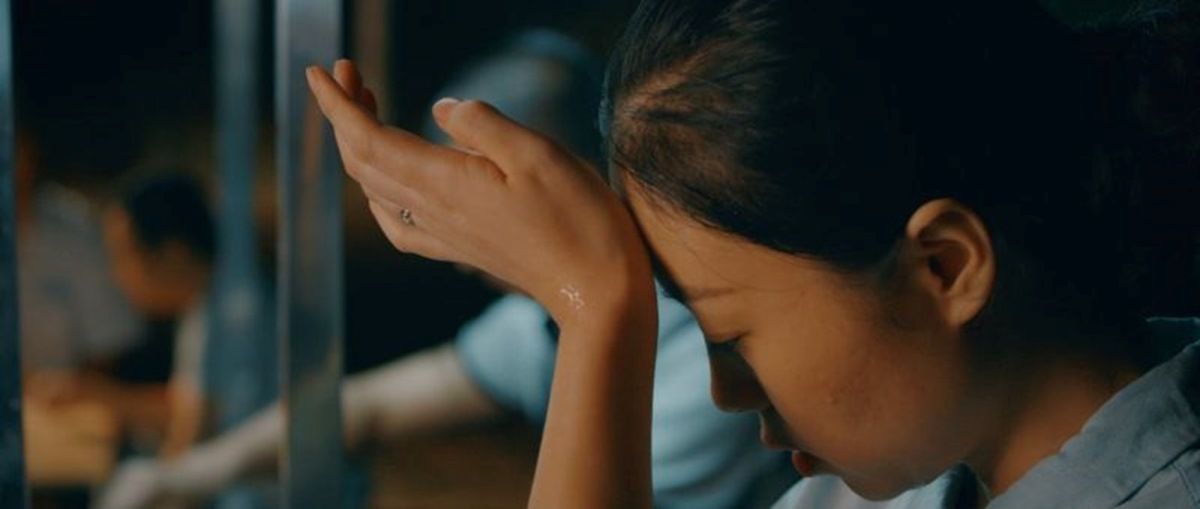
Zhou also points out that while it isn’t always romantic or glamourous, love is often the defining symptom of a much greater—and often unspoken—understanding between two people. Moreover, she says she hopes her film will inspire others to take notice of the love they have before it’s too late.
“It’s the light, the tolerance, and the inertia that is accumulated through the years of life. Even if it costs us our entire youth, I’m afraid we still won’t be able to enjoy it,” she says, adding that, “If we’re not careful, we will have lost the person who we will spend the rest of our lives with before we could see it.”
"Originally, I wanted to be an actress, but I think I can learn less than I can as a director."
On a different note, Zhou says that the time she spent working on Quietude gave her the opportunity to expand her knowledge about film and film-making and has only served to feed her desire to spend more time in the director’s chair.
“Originally, I wanted to be an actress, but I think I can learn less than I can as a director,” she admits. “I really love film, so I want to learn more about it. When I get older, maybe then I’ll be able to choose the best way.”
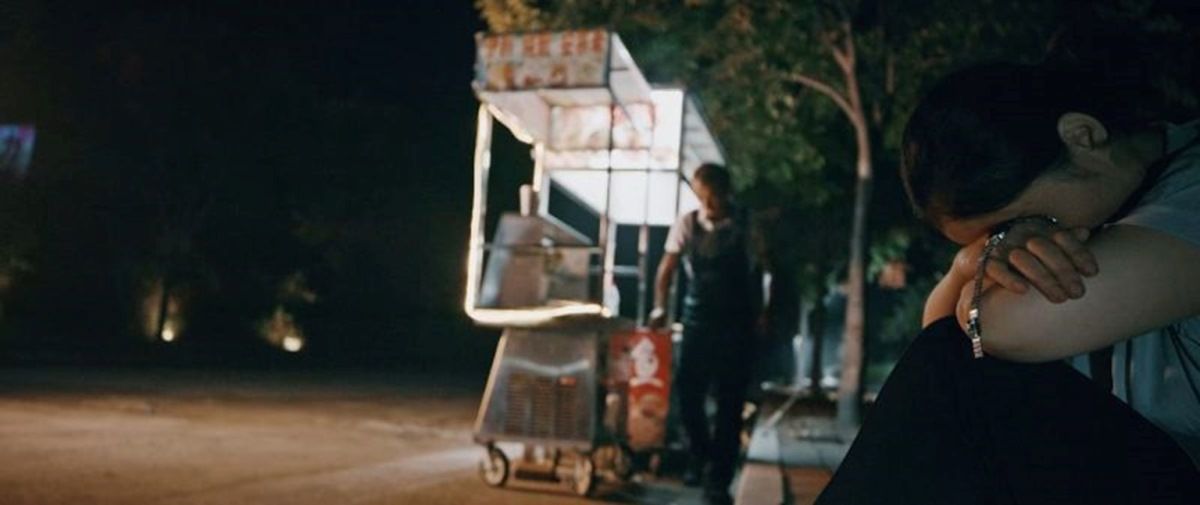
The film took about forty days to develop—from initial concept to finished film—and was shot over just one night in Taian in Shandong province in eastern China. As the director recounts, her team had originally planned for a two-day shoot, but had to scrap the first night of principle photography due to the weather, a run-in with local officials, and at least one uninvited guest.
“First, we were banned from filming because we were occupying a roadway, so we immediately had to search for another nearby spot,” she says. “Then, just when we had put up lights in a good position to start to shoot, a local drunk—who was so uncivilized at the scene—disturbed shooting and insulted the crew. Luckily, we all managed to control our emotions.”
"First, we were banned from filming because we were occupying a roadway, so we immediately had to search for another nearby spot."
Being a first-time director also meant facing a lot of new challenges and Zhou confesses at times she found herself struggling with the learning curve—especially when it came to working with her actors on set.
“All of them were non-professional actors and they had never been involved with film,” Zhou says. “Fortunately, they could understand me. The assistant director also helped me to create an atmosphere to get actors into their performance.”
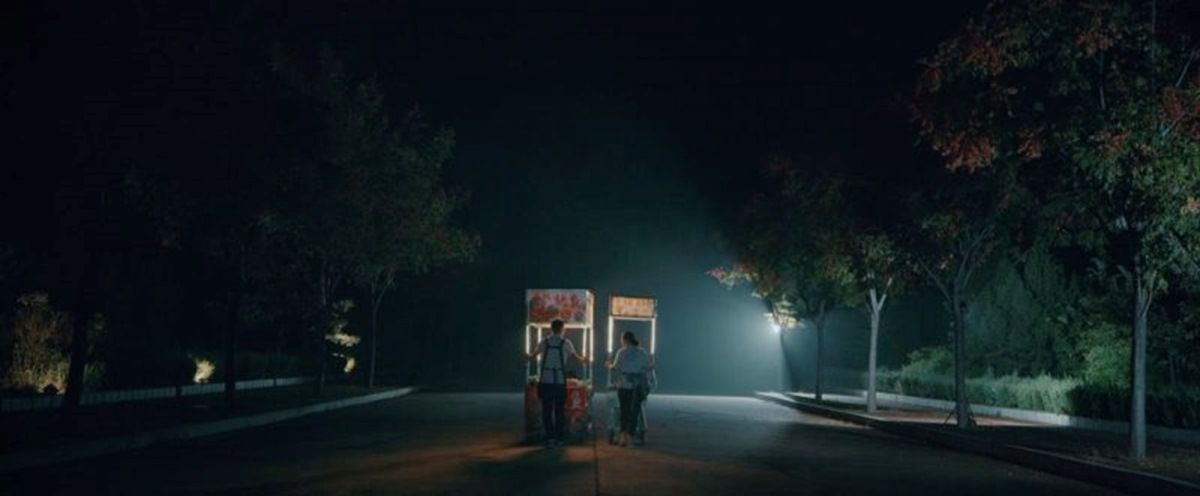
Zhou further relied on a mix of Chinese and international crew members—many of whom hopped on the train down from Beijing to be part of the project—in order to get the job done. Moreover, the experience of working together taught her some valuable lessons about the importance of tapping into the film-making community.
“I realized that movie-making is truly group work. Without everyone this movie couldn’t have been finished,” she says. “Also, before shooting, you have to ask the producer to prepare a lot of coffee. It’s important that every member of the team is refreshed!”
"I realized that movie-making is truly group work. Without everyone this movie couldn’t have been finished."
While there are no plans to expand on Quietude, Zhou says she intends to use the film as part of her portfolio to apply for university and hopes that by making it available online, she can get even more feedback from viewers about her work. In the meantime, she says she will continue to focus her attention on improving her skills.
“I want to learn more, get more knowledge, and join more shoots in order to improve my skills and open my eyes to come up with better ideas,” she states. “Then, I believe I’ll be able to do better work.”
